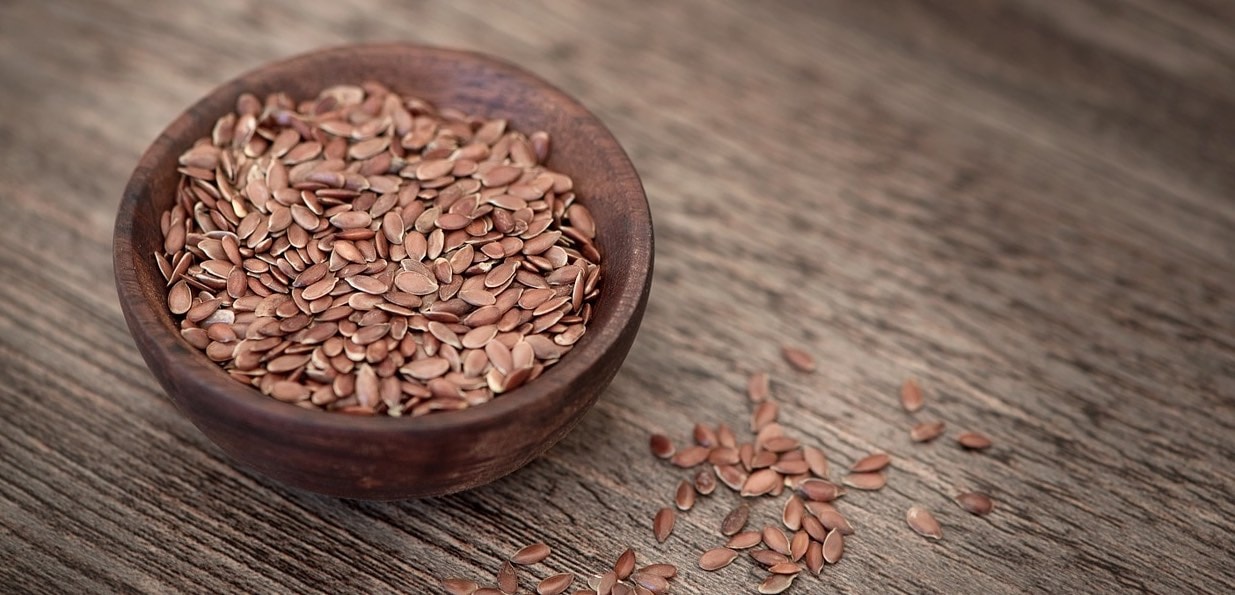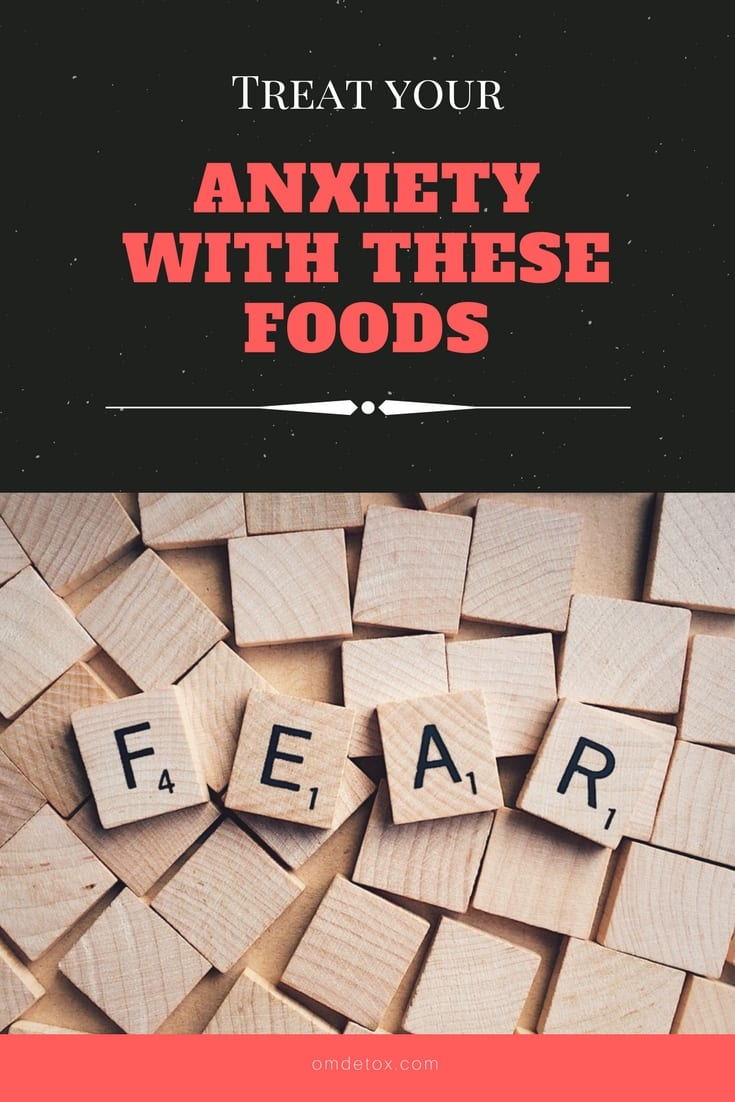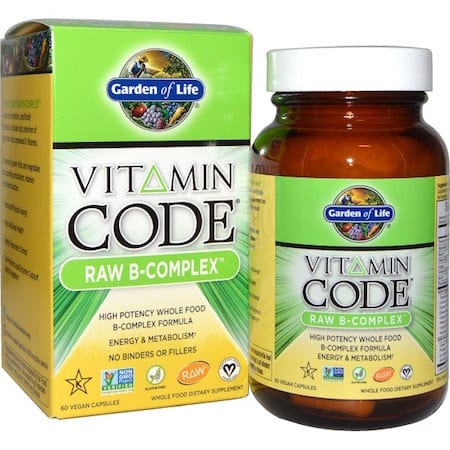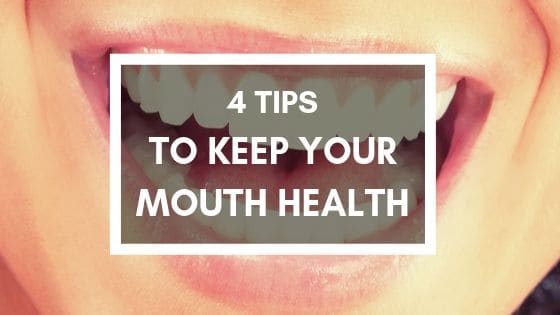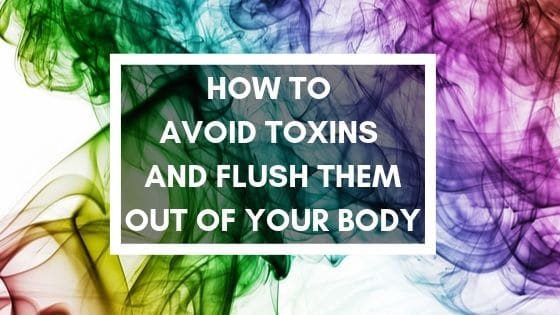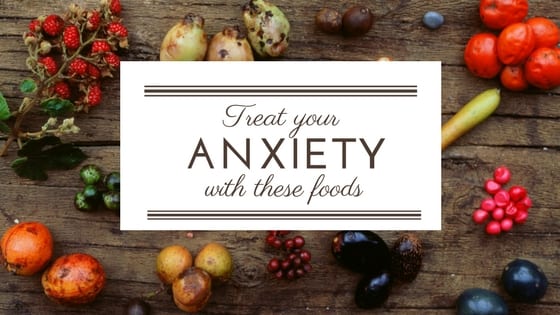
Anxiety is a mental disorder characterized by feelings of fear and anxiety. People who suffer from anxiety tend to worry about future events or current events, and will often show physical symptoms, like a fast heart rate, sweating, stomach upsets, dizziness and shakiness.
Studies have demonstrated that certain foods can stimulate us temporarily while others make us feel calmer. So people suffering from anxiety may find that certain dietary modifications can reduce their symptoms.
Foods for anxiety… Really?
Yes, certain foods can have a positive effect on our brain and our moods. In this article, we will look at the best foods to alleviate your anxiety symptoms. But first, let’s look at what anxiety is.
Although we don’t really know why some people suffer from anxiety disorders, we know that various factors may be involved. How we react to certain situations can provoke anxiety.
Some people may be afraid of flying when in reality, it is not as dangerous as they may think. Could it be caused by problems with brain chemistry? Some researchers think so. Many anxiety disorders are known to run in families, so it could be partially genetic.
A traumatic event can also trigger anxiety disorders. Some people may develop a fear of dogs because they were once bitten in their childhood. Certain events like the death of a loved one, natural disasters like earthquakes, being caught in a fire, or witnessing an act of violence could all be the root cause of anxiety disorders.
It’s important to say that anxiety can be experienced by everyone. We all experience anxiety at times. For example, it is normal to feel anxious before a job interview or before going bungee jumping.
Anxiety is actually a system in our body that permits us to deal with real danger. For example, it allows us to perform our best in a presentation or a job interview. Anxiety will also make us jump out of the way of a speeding car.
When you experience anxiety, you are basically experiencing the effect of adrenaline, which prepares your body for an event, or to defend itself. Anxiety will become a problem when your body starts reacting as if there were a danger when there isn’t.
Do you suffer from anxiety? If so, you are not alone. Anxiety disorders are very common. 10% of the adult population suffers from it.
A good anxiety treatment is called Cognitive Behavioural Therapy (CBT). It’s a therapy that focuses on education about the causes of anxiety. It allows the patient to change unrealistic ways of thinking and to face feared situations in a gradual, manageable way.
You can also start consuming certain foods for your anxiety problems. Here is a list of the best foods to improve your anxiety symptoms.
FOODS FOR ANXIETY
Foods Rich in Tryptophan

Some scientists argue that the essential amino acid tryptophan can have a positive effect on stress, anxiety and depression.
Tryptophan is found in a variety of animal and plant foods like bananas, durian, nuts, peanut butter, sesame seeds, eggs, chicken and fish. The best source of tryptophan is soybeans, with about 600 mg of tryptophan per 100 gram of soy, followed by cashew nuts and cacao. It is interesting to know that tryptophan is resistant to heat, so only a small amount of it is lost during cooking.
A deficiency in tryptophan can lead to mood swings, anxiety disorders, and depression because this amino acid plays important functions in the nervous system. It is a precursor of the neurotransmitter serotonin, a “feel-good” chemical in the brain and in the gastrointestinal tract. Serotonin contributes to our feeling of happiness and has a calming effect, while regulating our mood, appetite and sleep.
Foods rich in B vitamins
The first effects of a B vitamin deficiency are insomnia, mood changes and changes in appetite. As a group, the B vitamins are efficient at alleviating depression and relieving anxiety.
Deficiencies in vitamin B9 (folate) and B12 (cobalamine) may be responsible for depression symptoms in certain people. Studies have shown that patients suffering from depression had low levels of both folate and vitamin B12. Low folate levels are also linked to a poor response to antidepressants. It seems that taking folic acid (the chemical form of folate) can improve the response to a treatment with antidepressants.
B vitamins are present in whole plant foods like beans, leafy green vegetables, fruits, rice, and nuts. Taking a B vitamin complex supplement is the best way to prevent deficiencies and avoid anxiety attacks.
Foods rich in carbohydrates
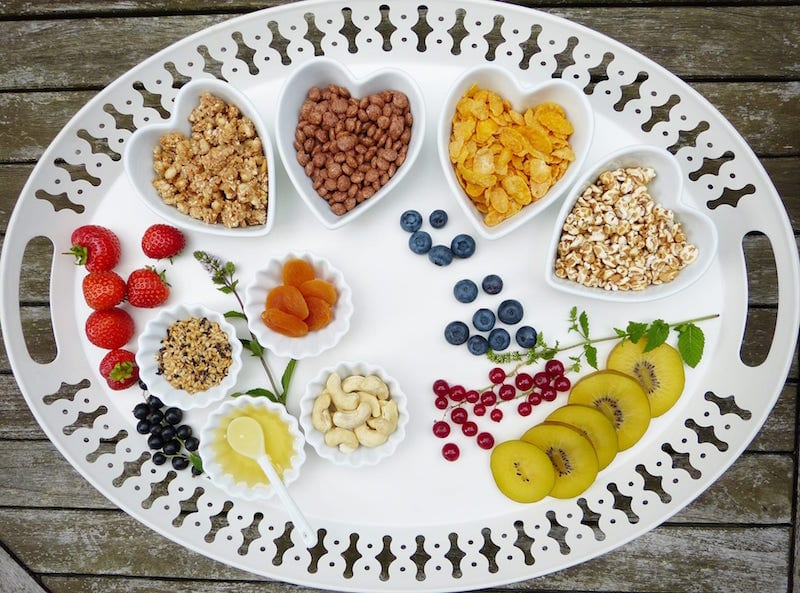
Yes, carbs are great foods for anxiety! Serotonin production in the brain is increased when we eat carbohydrates. Hey, don’t run away just yet! I know that carbs have a bad reputation, but hear me out!
It is important to understand the difference between unhealthy and healthy carbs. Due to misinformation on the internet, most people think that carbs are actually a food group. They’re not! Carbohydrates are sugars that are present in all the foods you eat. A carbohydrate is an essential macronutrient, just like protein and fat.
Sugar (or glucose) is the main fuel of the body. All cells need sugar to function. More than 60 percent of our diet should come from healthy carbs, like whole grains, legumes, fruits and veggies.
When you hear that carbs are bad and that they should be avoided, only the processed and refined products should be put aside. Pizza, pastries, chips, junk, burgers, pasta and bread are all processed foods that should be eaten in small quantities or avoided. If you do eat bread and pasta, choose whole grain products. Refined carbs provoke a boost of energy followed by a drop in blood sugar levels, leaving you feeling lethargic. Whole grains are different. They slowly release sugar into the bloodstream.
Once you have taken out the processed carbs, you are also avoiding a ton of other unhealthy elements. Pizza is topped with pepperoni and cheese, there is ground beef, bacon and cheese between your two burger buns, and the rest of the junk food is usually packed with industrial sugar and trans fat. This is the reason why a “low carb” diet is seen as a healthy lifestyle. However, avoiding healthy carbs like fruits and veggies is definitely not healthy.
Foods rich in Omega-3
Some studies have shown that a deficit in omega-3 fatty acids was identified as a contributing factor to mood disorders such as depression. Supplementing may help improve the symptoms of some people suffering from mild to moderate depression, but more research is needed. Consuming omega-3 fatty acid-rich food (ALA, EPA and DHA) may also enhance your mood.
The present dietary guidelines also recommend that pregnant women should consume 200 mg of DHA Omega-3 daily, to help visual and cognitive development of the baby. DHA is found in fish, fish oil supplements and algae-derived oil supplements. Since fish products are usually contaminated with mercury, it is best to find a non-contaminated vegan source of DHA.
EPA and DHA omega-3 fatty acids are not essential since they are converted by the body from ALA omega-3 fatty acids. The only essential Omega-3 fats are ALA, found in large quantities in flaxseed, chia seeds, hempseed and walnuts. You should consume them every day.
